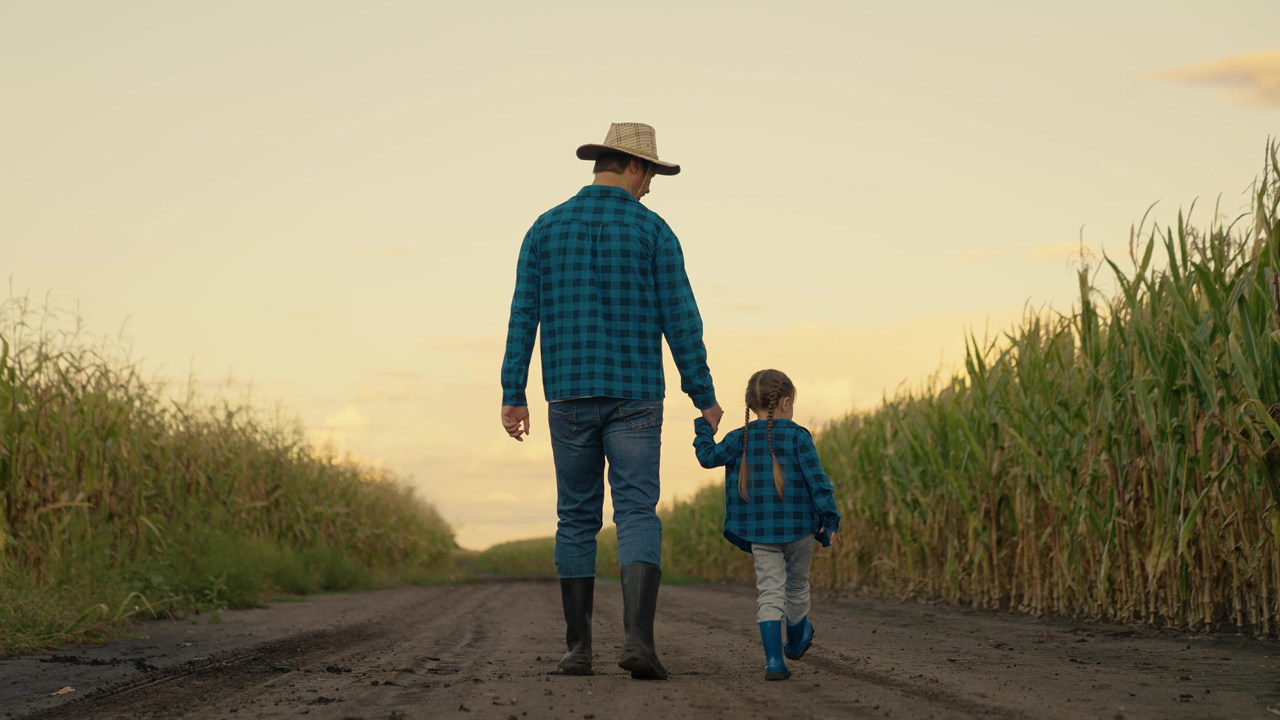In a perfect world, Transition Planning is made easier because the process of transitioning management and ownership is already built into the long-term planning and management processes of a farm. However, most farms approach it like a task – a single event or point in time that needs attention. While this approach can work, it can be improved, and in doing so, will likely provide long term benefits.
From my observations, awareness of the importance of transition planning is on the rise. This increased attention seems to track along with the growing size and complexity of modern commodity agriculture. With larger farms comes larger management teams with increasingly specific role division – this is a good thing. However, transitioning a more complex management structure requires more work and more planning. If family farms adopted a different approach to the task, it could benefit those farms in the long run.
Approaching transition management from the perspective of it being a singular event has downsides. The amount of work involved, compressed into a short timeframe can feel daunting. This is a major reason why many farm families will procrastinate on actively working on their transition plan. Pressing through a long list of tasks can lead to less-than-desired outcomes, poor plan quality or omission of important pieces. It can also lead to disagreement and conflict, often because one or more of the family members are strongly of the opinion that attention and planning to the transition of ownership and management needs to happen sooner than later.
On the other hand, having transition planning elements built into the routine annual planning of a farm is a better approach, with additional benefits. Developing plans to transition management requires that roles and responsibilities are assigned, and on a timeline created for handing them to the next generation. If this happens well ahead of time, the successor can grow into their new roles at their own pace, learn from their predecessor’s experiences and knowledge, with time to get additional training as required. Where there are more than one next generation family members coming into the business, clarity on roles between individuals helps to smoothen the sometimes-rough waves of transition. Further, the next generation point of entry does not always occur at the same time so having plans developed as part of ongoing business management adds clarity.
On the topic of finances – you will spend time valuing assets, speaking to tax planners, and perhaps changing legal and corporate structures to benefit the efficient transfer of those assets. What could be gained by knowing this in advance? There would certainly be costs incurred through the process. Proactive transition planning helps to avoid unnecessary or unproductive meetings with professionals as transition planning progresses. There will be more time to carefully manage liquidity without having to incur expenses related to advisors and consultants all in a short period. Being able to spread those costs, both time and money, out over a longer time frame will ease pressures on cash flow and time management.
Another very common consideration is the possibility of unexpected events. The unexpected events can be in the form of opportunities that arise. They can also take the form of a harsh reality, where the senior generation is at a greater risk of developing health conditions that could interfere with the smooth transition of management and ownership.
Further, tomorrow is not assured for any one of us. Tragedy can strike at any moment, and it is always an inopportune time. I have worked with farms where they are forced into action due to financial pressures or looming health issues of the senior generation. The added stress on an already large undertaking was not easy for them to handle. I have also worked with several farms that had some elements of transition already mapped out, and when the unexpected did occur, they were better equipped to deal with it efficiently and effectively and with less stress impact on the family and business.
There is no better time than now to start building management practices into your farm’s regular management functions. This will significantly ease the workload of developing a transition plan for your farm. You can anticipate better outcomes with less disagreement and conflict.
When the time comes to put the finishing touches on the specific components of the transition plan, you will find that a lot of them are there, ready to go. With the additional benefit that this approach to transition planning inherently provides, it makes good sense to develop them and incorporate them now.
Gavin Betker, is a farm management consultant with Backswath Management Inc. He can be reached at 204.995.4978 or .



